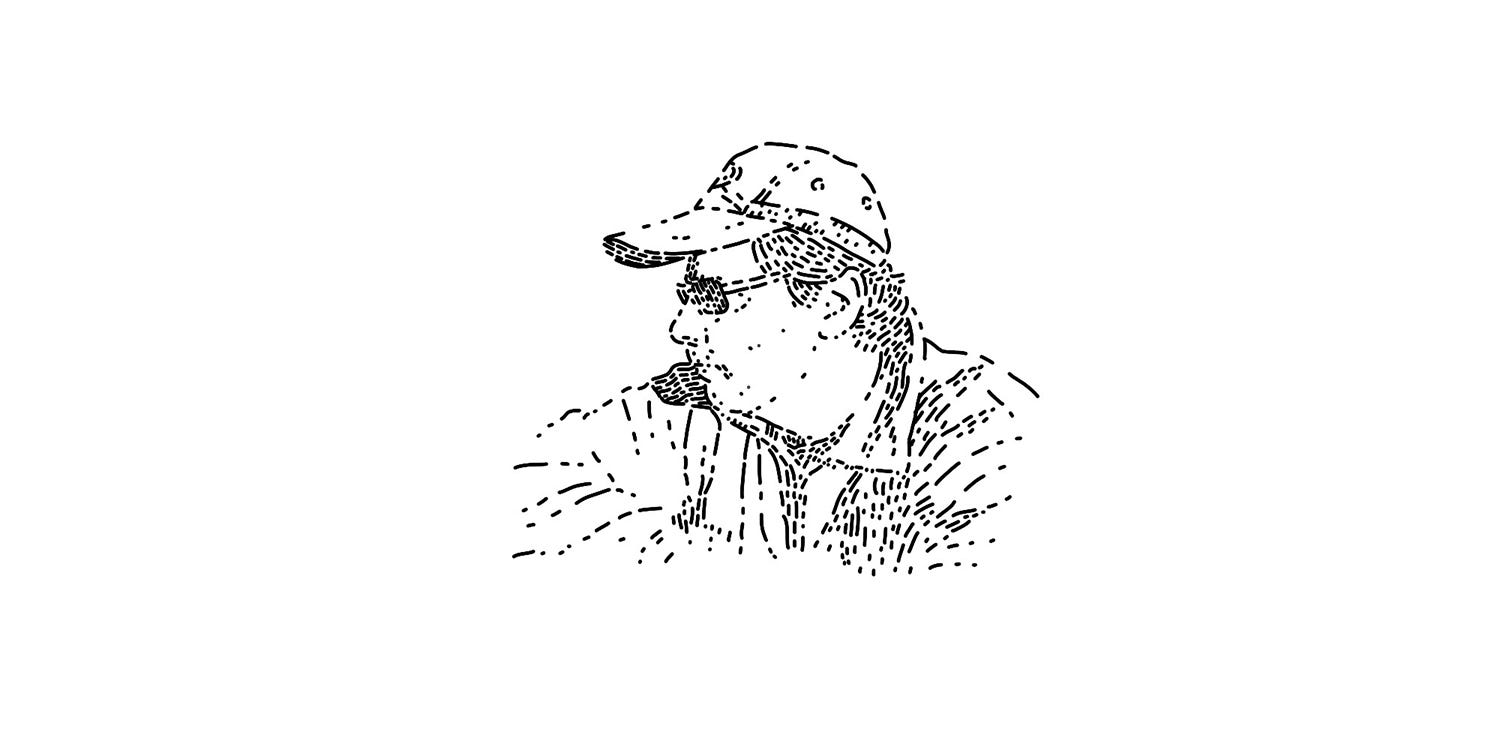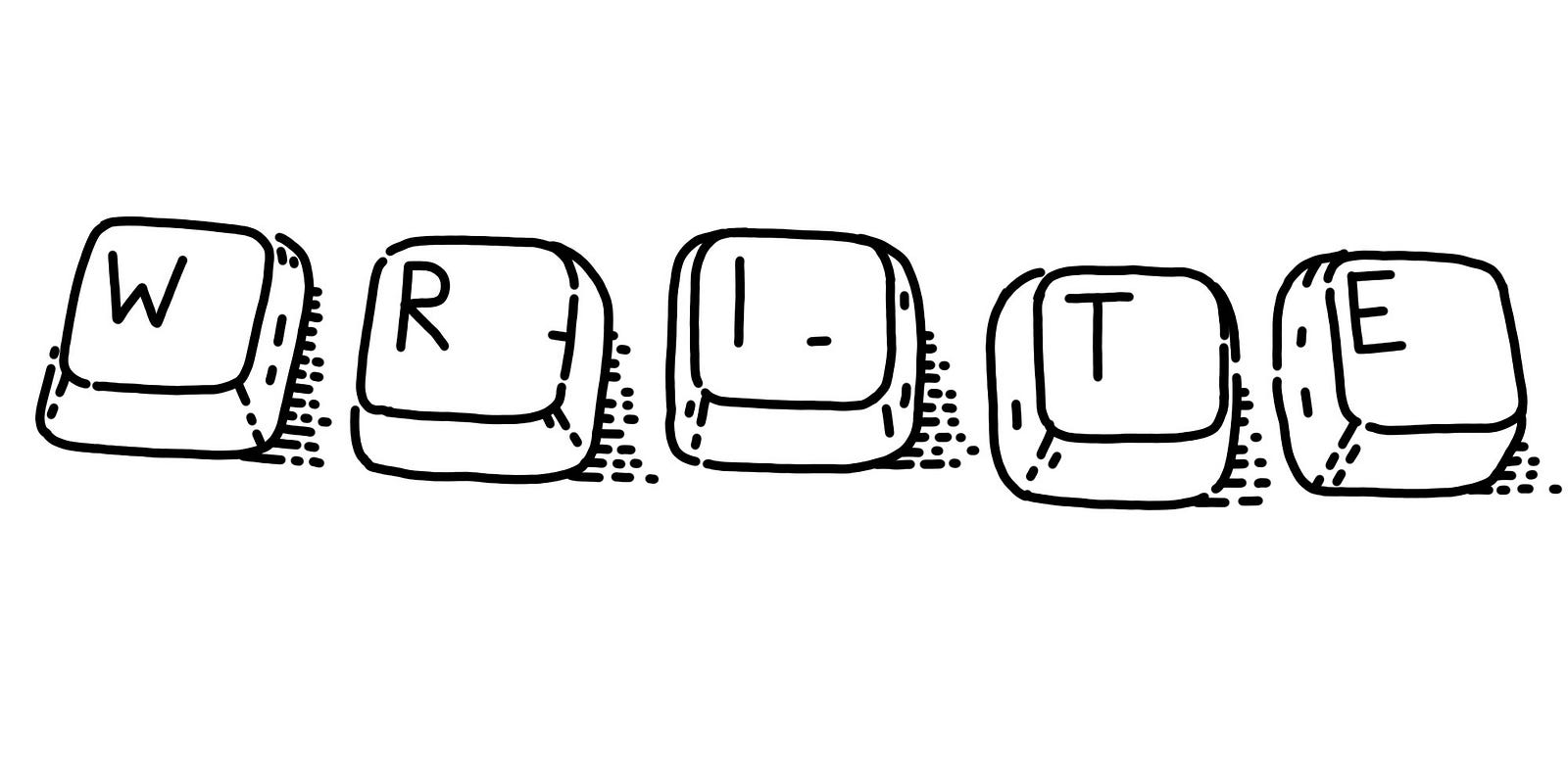I’m fascinated by all there is to know about productivity, creativity and doing the work we love. So I’m pleased to share with you my first ‘featured-creative’ post in a long time: an interview with writer Chris Fox.

Based in Mill Valley, California, Chris is the author of over thirty books (he’s not yet forty), both non-fiction, and fiction, mostly in the science fiction genre.
Apart from being one of the most productive writers I know, he’s also hugely helpful for other writers and creatives regarding the craft of writing, writing efficiently, and making a living out of creative work.
I found Chris through reading his book ‘5000 Words Per Hour’ after one of my regular Amazon book-buying sprees. As someone keen to accumulate more written words in my pursuit of being a more prolific writer, it was a title I couldn’t ignore.
The main idea in this book is that you can train yourself to type fast when you work on improving over time. You can even reach the unfathomable level of five thousand words per hour if you work at it.
You need to get comfortable with the idea that you will not use a lot of the words in your book, story, or article, but the key thing is getting lots of words down.
You become more creative and free this way too, especially when you time yourself and you are focused on typing fast. After this, you go back in and edit and polish it off.
Though I haven’t yet manage to hit those numbers without my hands turning blue, it is a concept that made me realise how you can put an insane amount of words down each day, while maintaining a high quality of creative work.
Through putting out more books via the self-publishing route, he is able to live the dream of earning good money doing something he loves.
He plans to write up to nine new novels this year (2018) alone.
Having read and enjoyed several of his other books, including many lessons he’s shared through his content, I asked him some questions to uncover more.
I found his daily routine especially interesting. It’s the kind of routine that sets winners and achievers apart…
What’s stopping you from doing the writing full time?
I’ve been full time since 2016, but what stopped me for a year before that was fear. The income is inconsistent, and giving up my day job terrified me.
I had no idea if I could make a go of this but finally decided to try. I’m glad I did.
What do you find the hardest about getting a lot of words down each day, and how to do you overcome it?
The hardest thing is consistency. Some days the words come easy, but many days you have to fight for them.
It takes work — with no boss — but only you can motivate yourself to get it done. If you’d rather slack off, there’s no one to stop you.
I find that setting up pre-orders is the closest I can get to having a boss. It keeps me writing on a schedule because I know the book has to be done by a certain date.
What drew you to predominantly science fiction?
I’ve always been a fantasy reader. I grew up playing Dungeons & Dragons and reading every fantasy novel I could find.
I liked science fiction, but not as much as fantasy. As an adult, I was drawn to science fiction, because I like understanding how and why things occur. I like science.
I’ve never stopped liking magic though.
Do you spend a lot of time researching and reading other science fiction books, concepts, and writers?
Yes, and I really enjoy it. I read a mix of other science fiction, documentaries, and books on various scientific concepts so I know them well enough to write.
What kind of a daily routine do you have, if any?
I have a very strict routine. I go to the gym at 5 am and spend an hour playing that day’s scenes in my head as I work out.
Then I come home and write to about 11 am, until I hit my quota. After lunch, I switch over to more business-related tasks and do things like taxes, payroll, or advertising.
The actual writing is less than 50% of the work and not nearly the hardest part.
Is finding a publisher worth it any more for fiction-writers?
I think every author needs to decide for themselves. It’s far more difficult to find a lucrative publishing deal than to self-publish, but I still see people doing it and making great money.
I think long-term you’ll see most successful writers go hybrid with some ‘trad pub,’ and ‘self-pub’ work.
What have you found to be the best method for promoting your books?
Understanding my audience. If you know who they are and where they hang out it’s much easier to get your book in front of them.
After that, your cover is going to be what determines whether or not you sell.
What thing have you learned that you wished you knew when you first started out writing for income?
Income changes month to month, and you can have dramatic swings. On paper, that sounds okay, but as someone used to getting a steady paycheck, this required a big mental shift.
What’s the best way(s) you’ve found to stimulate your creative imagination?
Reading, watching TV, and long, interrupted hikes. I let my brain play, and am always fuelling it with new entertainment.
Do you think it’s necessary to have a mentor when starting out as a writer?
I never had one, but I do think a mentor can dramatically shortcut the time it takes to finish your first book.
What’s your number one piece of advice for anyone looking to make money from their creative skill?
Understand that this is going to take a massive amount of sustained effort. Many of us assume that because we like writing it will be easy, or fun.
It is occasionally fun, but never easy.
If you really want this, then fight for it, but be aware that it will always require a lot of hard work.
What do you enjoy doing the most in your free time?
Playing Dungeons & Dragons, spending time with my wife, and hiking.
– –
Read Chris’ fiction, as well as books about making a living from writing on Amazon, and follow him via his site.